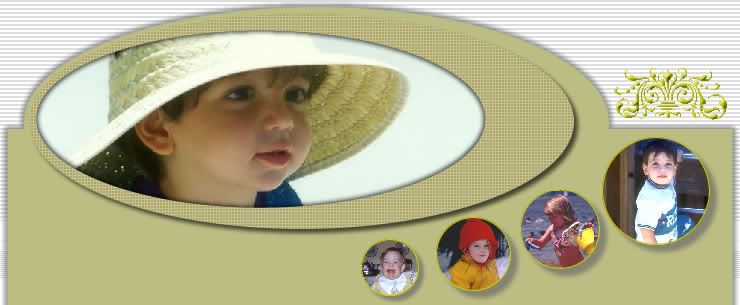| Speaking is a skill that cannot be separated from the other skills. When children are finally able to speak, the experiment and play with the utterances that are made to form words and phrases. The words that they produce can give many advantages. Their words can be used to provide joy. A child learns that a simple utterance such as “Mommy, I love you” can delight a parent. (Linse, 2006) Words can be used as a weapon against one another causing hurt feelings and bruised egos. For example, native English – speaking children are often taught this rhyme: Sticks and stones will break my bones, but words will never hurt me. Words can be used also as a form of entertainment. During their play, children make conversations; they practice to talk to one another. It usually happens when they are playing the role – play. For example, a young child pretends to be a teacher. She tends to practice and adapt scripts that they have heard from her real teachers or on TV. While pretending as a teacher, she gives commands such as telling the students to be quiet or do their tasks.
Seeing the importance of speaking, we as the teachers should be aware of ways to help them build their speaking skills. Don't ever put a high expectation which is not fitting their age. The expectations for children learning ESL or EFL should not be greater or more demanding than the expectations for children learning to speak in English as their native language. For example, for Asian students, they might find difficulties in pronouncing the /th/ sound. For that reason, a process will be needed. Don't ever hope that your students will be able to pronounce it well in a short time. Instead of pushing them to reach your goal instantly, help them and encourage them to improve their skill step by step until they are able to reach the goal by themselves. By doing this, they will be proud of themselves and realize that they can turn something which is at first very difficult for them into something easy. They will have boldness to face other difficult things they may face in the future.
You can start teaching them to speak by introducing simple chants, rhymes, or songs. Choose songs that have much repetition. You can also modify the lyrics of the songs or the entire songs themselves with pantomime and TPR – style activities. Doing these kind activities, children will not recognize that they are learning to speak a language; the vocabulary, pronunciation, and even the grammar, through the repetitive lyrics of the songs. Below, you can see a simple songs with repetitive lyrics...
This is the Way We Wash Our Clothes This is the way we wash our clothes, wash our clothes, wash our clothes. This is the way we wash our clothes so early Monday morning. This is the way we iron our clothes, iron our clothes, iron our clothes. This is the way we iron our clothes so early Tuesday morning.
You can modify this song to make it suitable for your goal. For example, you want to teach them the vocabulary of days in a week, you can modify them into like this: This is the way we wash our clothes, wash our clothes, wash our clothes. This is the way we wash our clothes so early Monday morning. This is the way we iron our clothes, iron our clothes, iron our clothes. This is the way we iron our clothes so early Tuesday morning. This is the way we wash our clothes, wash our clothes, wash our clothes. This is the way we wash our clothes so early Wednesday morning. This is the way we iron our clothes, iron our clothes, iron our clothes. This is the way we iron our clothes so early Thursday morning. This is the way we wash our clothes, wash our clothes, wash our clothes. This is the way we wash our clothes so early Friday morning. This is the way we iron our clothes, iron our clothes, iron our clothes. This is the way we iron our clothes so early Saturday morning. This is the way we wash our clothes, wash our clothes, wash our clothes. This is the way we wash our clothes so early Sunday morning.
If you want to focus on introducing new verbs for the children, you can modify it into this one, for example: This is the way we wash our clothes, wash our clothes, wash our clothes. This is the way we wash our clothes so early Monday morning. This is the way we iron our clothes, iron our clothes, iron our clothes. This is the way we iron our clothes so early Tuesday morning. This is the way we pick our clothes, pick our clothes, pick our clothes. This is the way we pick our clothes so early Monday morning. This is the way we fold our clothes, fold our clothes, fold our clothes. This is the way we fold our clothes so early Tuesday morning.
You can also ask them to act the verbs mentioned in the lyrics, such as washing, ironing, picking, and folding using the TPR technique.
Or use The Hokey – Pokey song: You put your right foot in. You put your right foot out. You put your right foot in. You shake it all about. You do the Hokey – Pokey and you turn yourself around. That's what it's all about. (you can change the word “right” into “left” or “foot” into “arm”, “hand”, “head”, etc. Act the songs out with your students. Involving them through the activities will grow their interest in learning the language)
|



